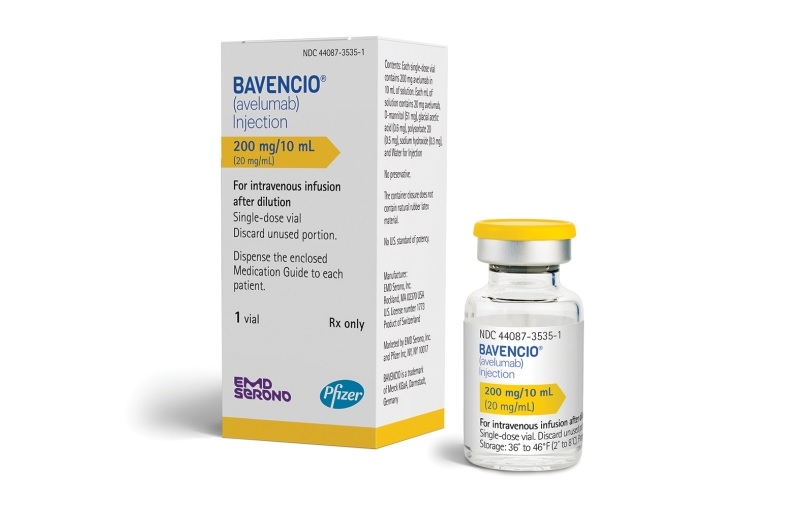NICE says no to Merck Serono's Bavencio in bladder cancer

Merck Serono's Bavencio is the only checkpoint inhibitor to be approved for first-line maintenance treatment of bladder cancer in Europe, but UK cost-effectiveness agency NICE says it is too expensive to justify routine NHS use.
Bavencio (avelumab) was approved in the UK earlier this year for locally advanced or metastatic urothelial carcinoma (UC) – the most common form of bladder cancer – in cases where cancer hasn't progressed after platinum-containing chemotherapy.
In preliminary guidance, NICE said that trials show that Bavencio extends the time it takes for patients to get worse, and that they live longer than if they received supportive care only.
It's unclear however just how long people will live requiring the maintenance therapy, says the agency and so – despite a confidential discount on Bavencio's list price – the drug "does not meet NICE's criteria to be considered a life-extending treatment at the end of life".
That applies both to routine NHS treatment as well as access via the Cancer Drugs Fund (CDF), which can cover the cost of treatment in cases where data from ongoing trials may build on the evidence for a drug's benefit. In its guidance, NICE says "further data collection is not an option" for Bavencio in this setting.
It's still possible that Merck KGaA group company Merck Serono could negotiate and get Bavencio covered by the NHS for these indications, for example by offering an additional discount, as a final decision on the funding isn't expected until late August.
In the meantime though, UC patients will be able to receive supportive care only until their cancer progresses, after which they would be eligible for second-line treatment with Roche's checkpoint inhibitor Tecentriq (atezolizumab), chemotherapy with docetaxel or paclitaxel, or continued supportive care.
"We know there are currently few, if any treatments available for people with this form of urothelial cancer, and that avelumab is a promising drug that has the potential to address this unmet clinical need," said NICE deputy CEO Meindert Boysen.
"We are, therefore, committed to working with the company to help them address the issues identified by the committee that are highlighted in this draft guidance."












